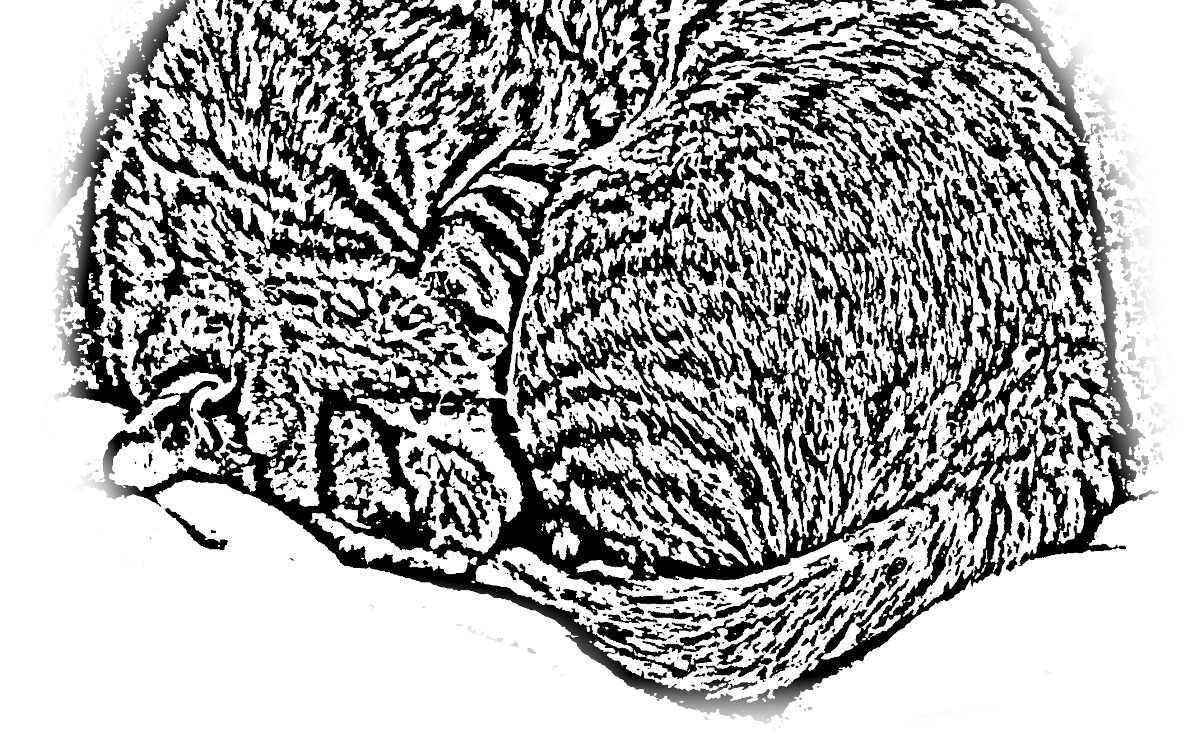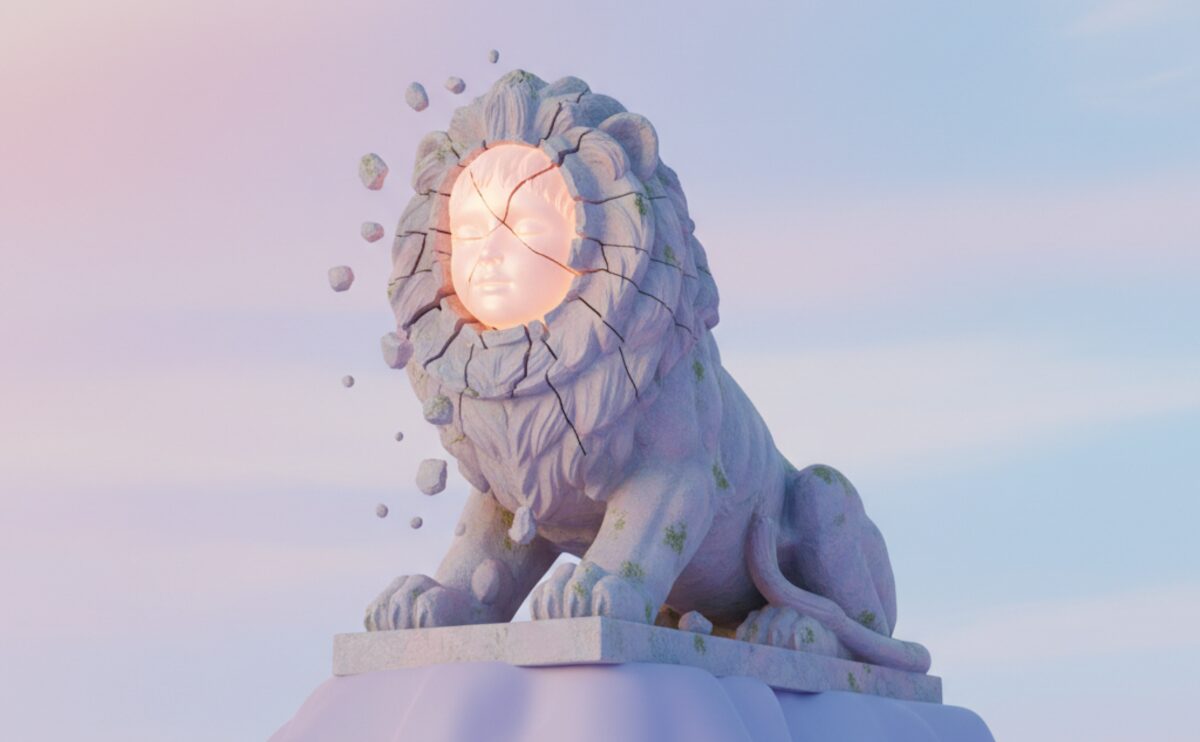No Journey, No Life
Siddhartha by Hermann Hesse
Introduction: The Path of the River and the Self
Hello, dear readers. Sophia Aria here, back with a cup of robust Earl Grey and another literary pilgrimage. Today, we turn our attention to a rather lovely, yet fiercely demanding book: Hermann Hesse’s Siddhartha.
Though one must admit that the title No Journey, No Life sounds frightfully dramatic, in the context of this novel, it is utterly accurate. Hesse’s masterpiece, set in ancient India, is a simple, yet profoundly complex, narrative charting a young Brahmin’s lifelong search for enlightenment. Siddhartha leaves his privileged life, not because he is unhappy, but because he suspects that the ultimate truth cannot be taught—it must be experienced.
Here in Abiko, Chiba, where the scent of the nearby river can sometimes remind one of the deep, slow currents of time, I find a peculiar resonance with Siddhartha’s spiritual journey. Just as the seasons must cycle—from the quiet, introspective chill of winter to the vibrant, demanding warmth of summer—Siddhartha must pass through the stages of asceticism, materialism, and ultimately, simple observation, to reach his own truth. Reading it compels me to gaze upon the quiet beauty of the seasons with a renewed sense of reverence for life’s fragile unfolding. It is a story for those of us who feel that still, small voice whispering: there must be more.
Deep Dive Analysis: The Unity of Existence (Om)
The Three Stages of the Spiritual Quest
The genius of Siddhartha lies in its insistence that enlightenment is not a destination achieved by strict adherence to doctrine, but a state realised through embracing the fullness of human experience. Siddhartha’s life is divided into three distinct stages, each a necessary error:
- The Samanas (Asceticism): Here, he attempts to escape the self through denial and fasting. He learns self-control but realises that extinguishing the self is merely a temporary evasion, not the permanent truth.
- Kamala and the Merchant (Worldliness): He plunges into the world of luxury, lust, and commerce. He learns about desire and suffering, finding that accumulating possessions merely creates a spiritual void—the ultimate No Journey, No Life scenario for the soul.
- The Ferryman and the River (Unity): Finally, through poverty and stillness, he learns from the river. The river, which is constantly moving yet always present, becomes the ultimate symbol of the universe’s unity—the eternal Om.
His conclusion is that wisdom can only be communicated by one’s own inner voice, developed through a life rich with mistakes. As a connoisseur of fine literature, I must concede that Hesse’s structure is quite perfect in its execution.
Application of Philosophy in Daily Life: The Lesson of Listening
Accepting the Imperfections of the River’s Flow
What practical philosophy can we, living in the structured bustle of contemporary life, extract from a tale of ancient spiritual quest? The key, I believe, is found in the final lessons of the River.
The River is never the same, yet it is always the River. It contains its source, its journey, and its destination. This is Hesse’s beautiful metaphor for life.
- Embrace the Flow: Do not try to stop the flow of change, but learn to swim with it. Your past mistakes (the turbulent waters) and your future goals (the distant ocean) are all present in your here and now.
- Holistic Listening: Siddhartha finally achieves peace not by reading scriptures, but by truly listening to the river—the sounds of the water, the stones, the birds, and the people passing by. It is a gentle yet sharp reminder that our deepest insights come not from intellectual analysis, but from mindful engagement with the entirety of our lives.
This philosophy of No Journey, No Life is not about physical travel, but about accepting every messy, complicated piece of your personal narrative. It gently reminds us to revere the fleeting beauty of an autumn afternoon in Chiba.
A Broader Psychological Perspective: Eastern Philosophy and Western Soul
The Contrast with Western Individualism
Hesse, writing for a Western audience, created an accessible bridge to Eastern thought. While traditional Western individualism often champions a singular, fixed ego achieved through self-assertion, Siddhartha subtly shifts the focus towards oneness and the dissolution of the ego into the greater unity of life.
This contrast remains deeply relevant today, as many of us struggle to reconcile our individual ambitions with a deeper need for connection.
His quest is universal; it is the German soul trying to reconcile its need for structure and Bildung (self-cultivation) with the boundless, fluid wisdom of the East. In this work, we see a fascinating contrast with the existentialists. While Kierkegaard finds meaning through desperate commitment and anguish, Siddhartha finds it through serene acceptance and ultimate unity.
Modern Echoes: The Timeless Relevance of Self-Discovery
Much like Frankl’s exploration of meaning, Hesse reminds us that the path itself is sacred. Whether we are seeking purpose or peace, both “No Meaning, No Life” and “No Journey, No Life” converge upon the same truth — that existence itself is the practice of awakening.
Siddhartha is an anchor in a world obsessed with instantaneous results and external validation. When the modern world constantly tells us who we should be, Hesse quietly reminds us that we must instead focus on how to be—how to be whole, how to be present, and how to be listening.
This book is a profound meditation on the sacredness of the ordinary. It is a call to recognise the beauty in the merchant’s house, the laughter of a woman, and the simple act of carrying a ferry rope. These are not distractions from the spiritual path; they are the spiritual path.
It is, quite simply, an indispensable read for anyone struggling with the existential question of purpose.
Note: This section is a personal reflection.
@sophia
Masterpiece Collection
Related Articles
-
Masterpiece Collection: The Gravity of Truth – Inherit the Stars by James P. Hogan

No Discovery, No Life. Explore the lunar mystery of Inherit the Stars by James P. Hogan. Sophia Aria delves into this SF classic to spark your intellectual curiosity.
-
No LIFE, No CAT. mindfulness: Finding Peace in the Paradox: Mindfulness Woven by AI’s “Efficiency” and Human “Imperfection” 5th

AI & Human Mindfulness: Explore how AI’s efficiency and human imperfection can guide you towards a mindful, richer life. Learn practical tips for digital wellbeing and slow living.
-
Masterpiece Collection: The Blazing Manifesto for Selfhood – Also sprach Zarathustra by Friedrich Nietzsche

No Will, No Life: Sophia Aria delves into Nietzsche’s electrifying Also sprach Zarathustra, challenging readers to embrace the Will to Power and forge their own values. A compelling call for self-overcoming.






Leave a Reply